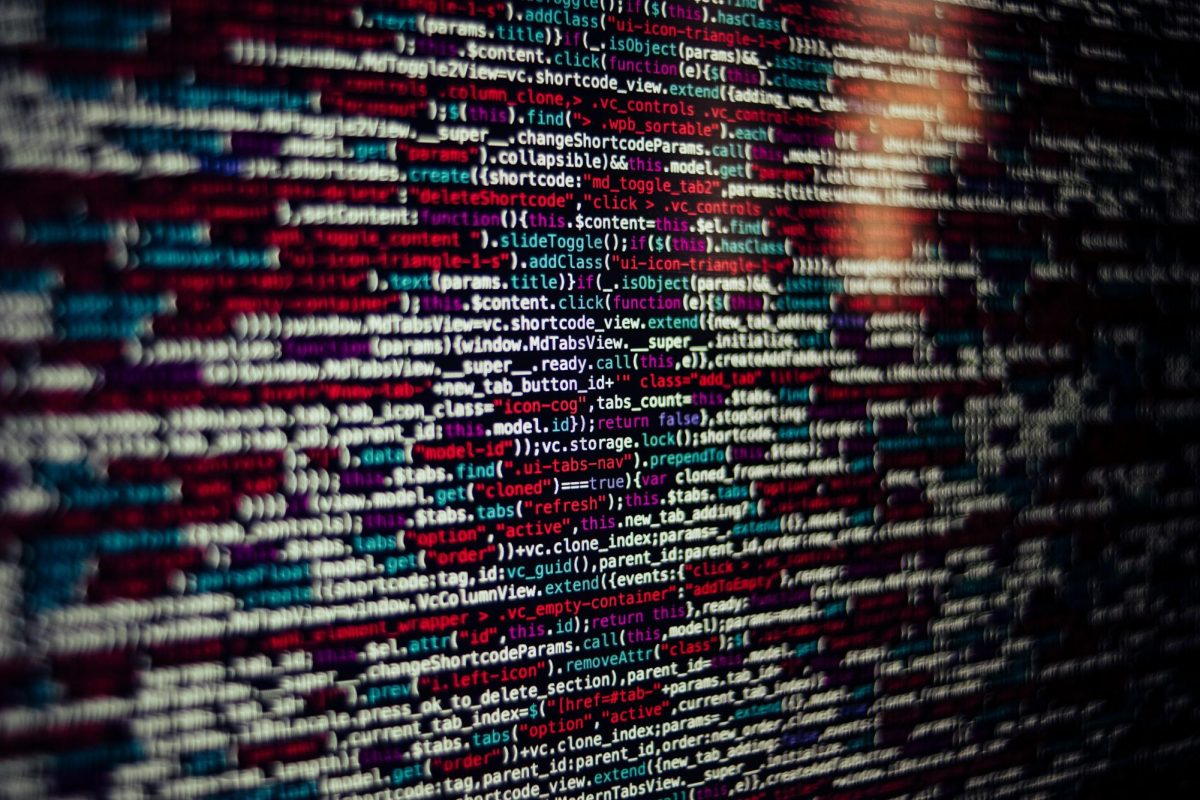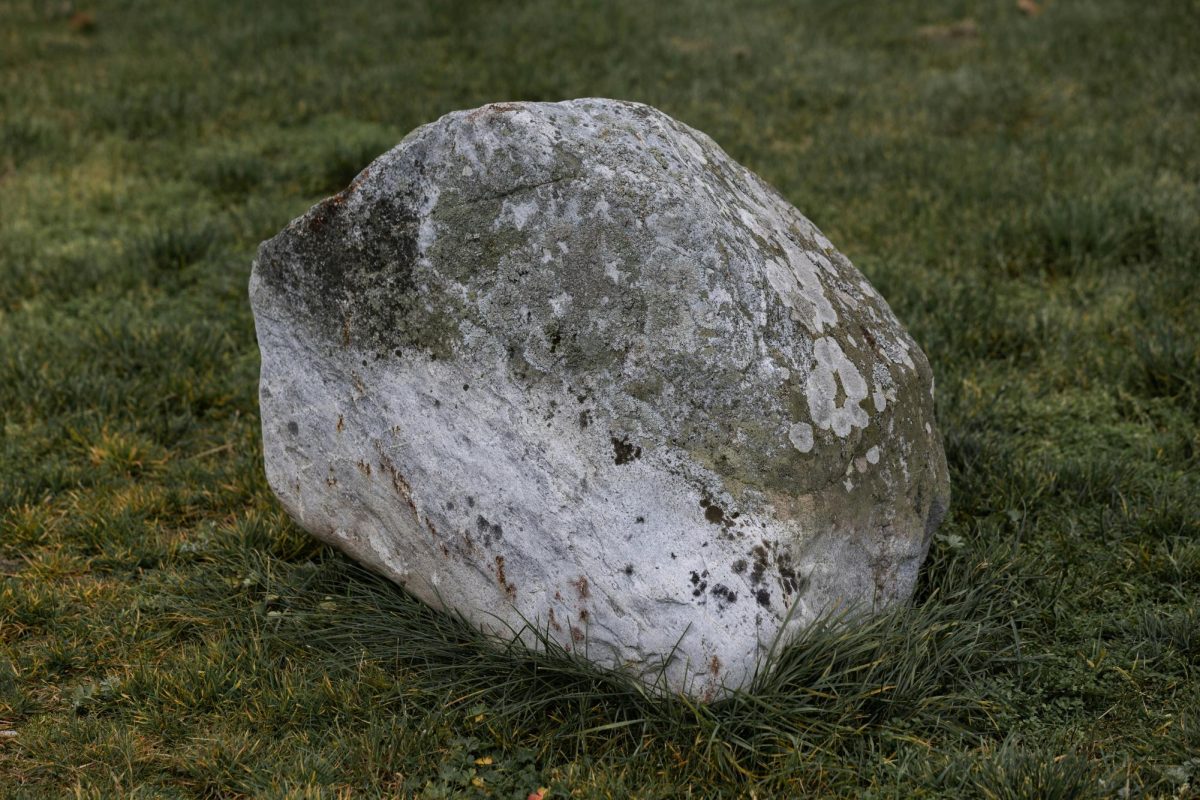The internet, once hailed as the realm of seemingly ‘infinite’ and ‘permanent’ information, has proven to be increasingly fragile. Just as the ancient Library of Alexandria was lost to fire, much of our digital history is disappearing due to neglect, obsolescence, security issues, and other legal challenges.
The Internet Archive, founded in 1996 by Brewster Kahle, is one of the most glorious inventions in human history. This non-profit organization has collected over 900 billion webpages, millions of books, and countless other digital files in an effort to create a lasting public record of our time. Its ‘Wayback Machine’ allows all users to access past versions (or, ‘snapshots’) of websites – becoming a crucial tool for researchers and historians alike. Through this feature, we are able to access content that has been deleted or altered—from listening to music, watching movies, and even using it to find evidence for the January 6 insurrection, this is a powerful tool that we mustn’t take for granted.
However, the Internet Archive is facing consistent threats to the certainty of its permanence. It has been hit with countless legal battles in the past years. Namely, copyright lawsuits have been diminishing the very foundation of the Internet Archive’s missions. From 2022-2023, the Internet Archive faced lawsuits from four major book publishers – the most notorious being the Hachette v. Internet Archive case, which was brought to court due to a claim that the Internet Archive had strongly threatened companies like Hachette, HarperCollins, Penguin Random House and Wiley and cost them millions of dollars. Despite having appealed twice, to no avail was it ruled in 2023 that the Internet Archive’s practice of scanning physical books and lending out digital copies was in violation of US copyright law.
Additionally, in May 2024, the organization came under a massive cyberattack that disrupted its services, including the Wayback Machine, for five months. Claimed to have been committed by the Russian hacker group “SN_BLACKMETA”, they voiced their motive as aiming to bring attention to the conflict in Gaza. Furthermore, in October 2024, the Internet Archive experienced a data breach where over 31 million user credentials were stolen.
All of these challenges the Internet Archive is facing pose the threat to us that the internet, unlike physical media, requires constant maintenance, updates, and protection. It is not enough to merely store data – it must be kept accessible and usable over time.
As more and more of our lives move online, in order to preserve our anthropological digital footprint, it has become imperative for us to find ways to protect our digital history from decay, loss, and manipulation. Or else, what will future generations know of our time if the digital libraries of our era are destroyed or neglected, leaving them to piece together a fragmented and unreliable narrative of the early 21st century?
We certainly cannot let the ‘Library of Alexandria’ burn for a second time.







